While virtually all of the world’s population growth by 2050 is forecast to take place in developing countries, thousands of cities in Africa, Asia, and Latin America may adhere to fossil fuel-powered vans, buses, and motorcycles for decades. Countries across the world are increasingly advocating the adoption of electric vehicles (EVs) and moving away from internal combustion engine (ICE) vehicles. By eliminating vehicular emissions, nations can go a long way towards destination net zero before 2040.
EU IS LEADING
EV penetration in European car markets has regularly increased due to the collective efforts of the European Union (EU) member states that grant benefits and tax breaks for electric vehicle buyers. While the share of EVs is currently 7.5 percent in the European market, powerful incentives are expected to push growth. This move is expected to speed up EV selection and support the region in reducing transport emissions that have climbed by a third since 1990.
Out of the 27 EU member states and the UK, 26 nations offer either incentives or tax breaks, or both for the purchase of EVs. Lithuania is the only member state that offers neither. Belgium, Bulgaria, Cyprus, Denmark, Latvia, and Malta offer tax breaks and reductions but provide no financial incentives.
THE CONNECTION BETWEEN THE RICH & THE DEVELOPING NATIONS
When the Paris climate accord was adopted in 2015, countries pledged to retain global warming below 2 degrees Celsius (3.6 degrees Fahrenheit). Researchers now believe a 1.5-degree cap is needed to avoid some of the most catastrophic outcomes of climate change, putting pressure on the rich nations to also serve poorer nations in their journey to lower emissions.
Richer nations are accountable for most of the man-made global warming, with three-quarters of industrial emissions originating in North America, Europe and China, according to a University of Oxford research. Africa accounts for just 3% of the total, but its share is expected to escalate rapidly due to population growth.
Most EVs are sold in the US, China and Europe, where state-backed purchasing incentives and investments in charging infrastructure make it more natural for customers to abandon combustion cars. Simply bringing electric vehicles to the US and Finland and the Netherlands, the world will not meet the Paris climate agreement targets.
Countries including Uganda and Morocco have already proposed rules to boost the quality of the hundreds of thousands of used cars imported from the West every year. Most of these vehicles are between 16 and 20 years old, meaning the industry has contributed to worsening air pollution in developing countries around the world.
UNITED STATES OF DIVERSITY
The federalized structure of the United States Of America leads to wildly mixed policies towards EVs in general. EVs represent 2 percent of annual light vehicle sales in the USA. Worried about the loss of revenue from gasoline taxes, some states have imposed added fees for the registration of EVs. These fees range from $50-225 a year, with states like Alabama, Arkansas, Hawaii, Illinois, Iowa, Kansas, North Dakota, Ohio, Washington and Wyoming being some of the 28 states that charge extra fees on EVs.
Nevertheless, 45 states and the District of Columbia provide diverse incentives for the purchase of EVs, and at the national level, the country extends a tax credit of up to $7,500 on income tax for the purchase of any EV made after 2010.
CHINA WANTS TO BE THE EV PRODUCTION HUB
Since 2010, China has made a focused effort to turn the country into a hub for the production and end-use of EVs, as they try to do in every other manufacturing field. While several schemes and incentives existed in the past to sustain the sector, the nation had reduced subsidies for EVs. But after the COVID-19 pandemic hurt the sector, the country extended subsidies and tax breaks once again. China offers an incentive of 25,000 renminbis per vehicle for NEV manufacturers, while EV buyers are exempt from any purchase tax.


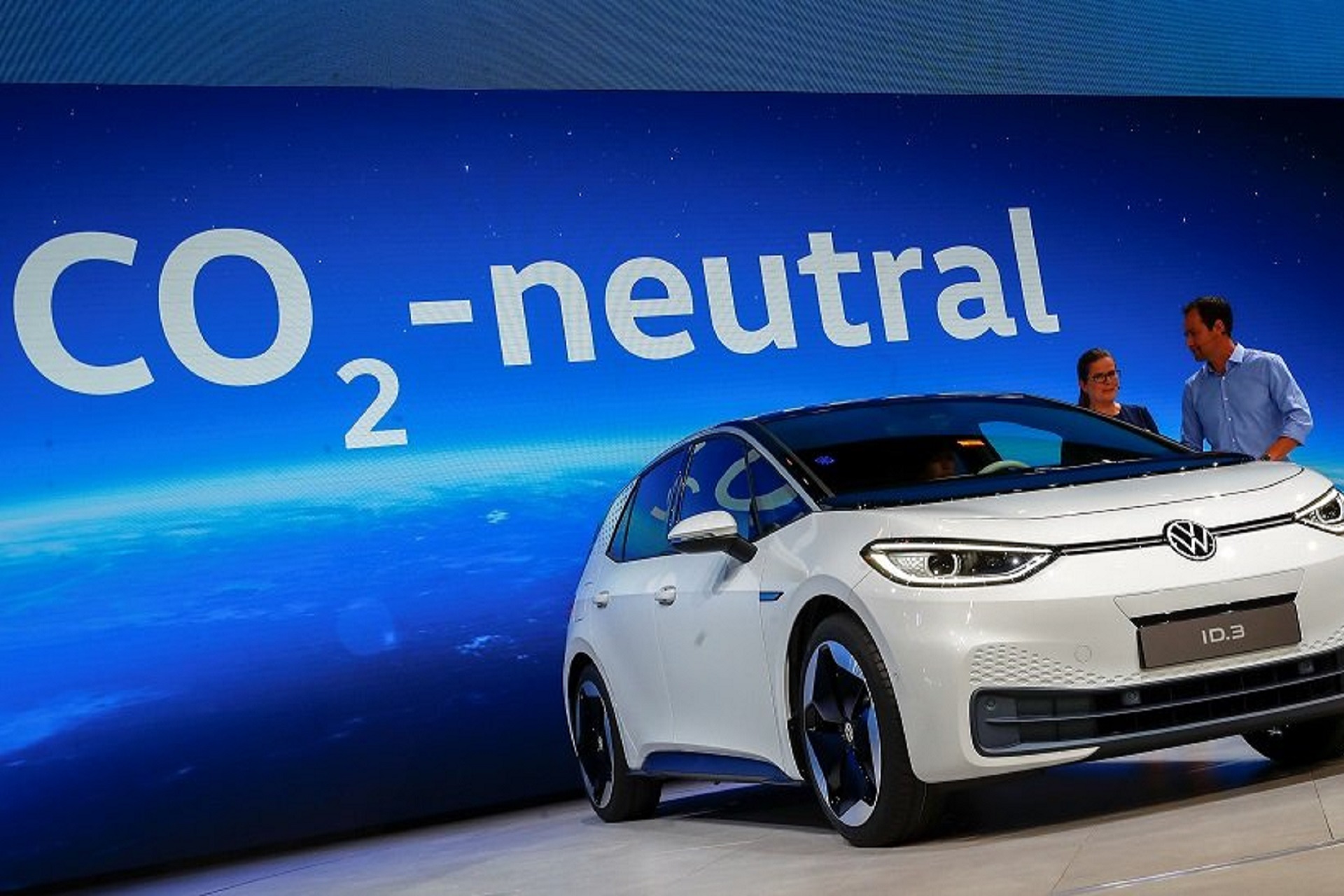
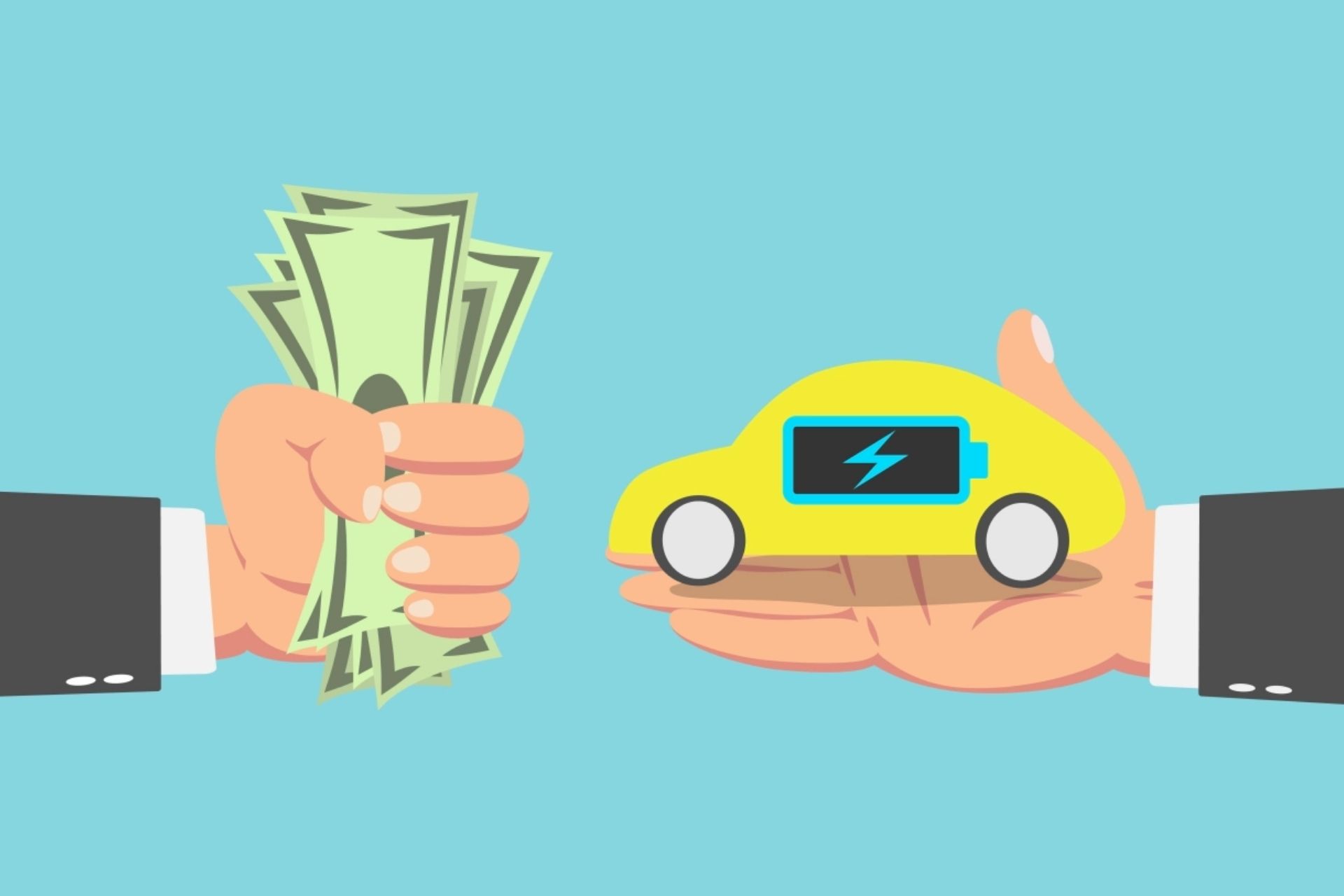
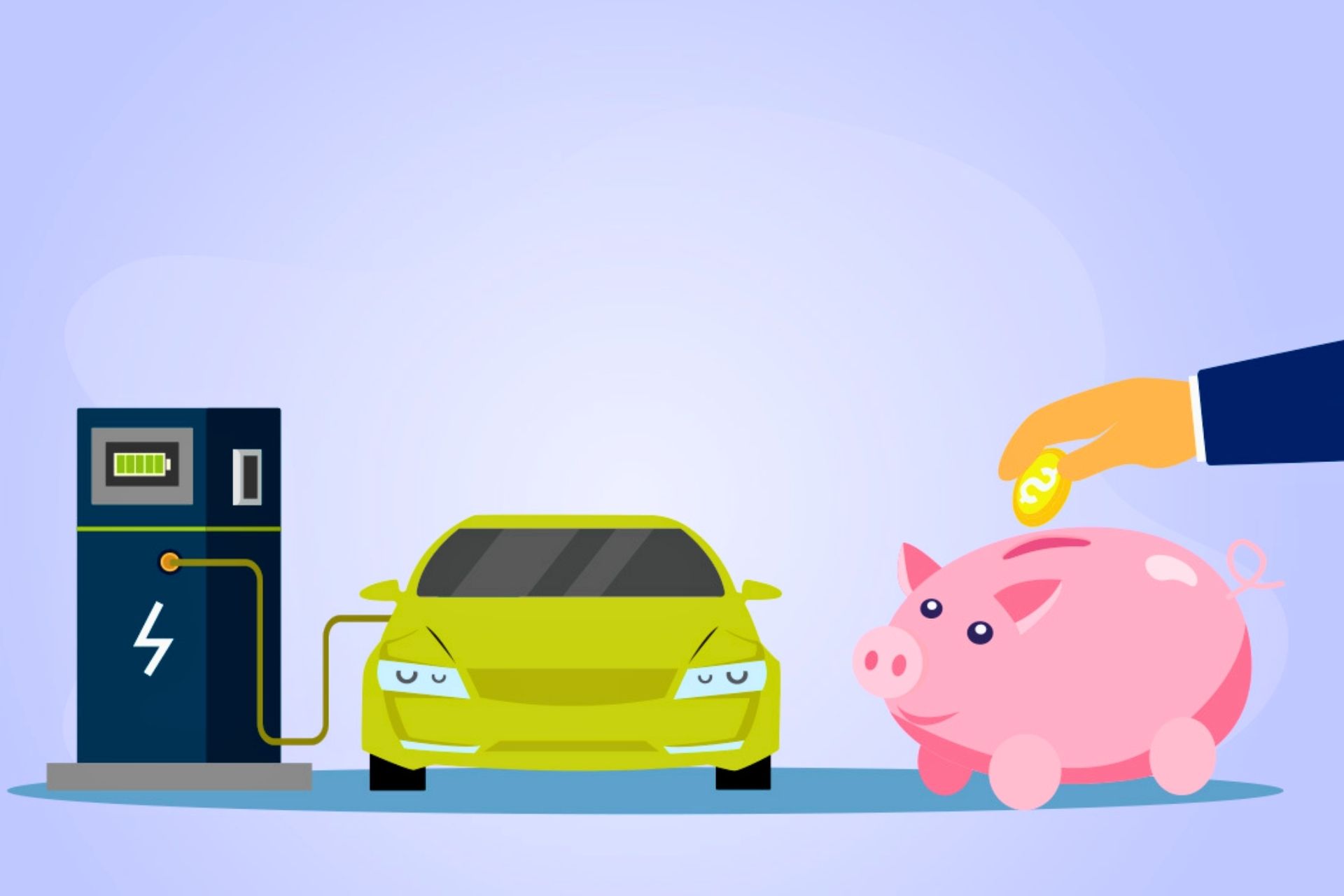
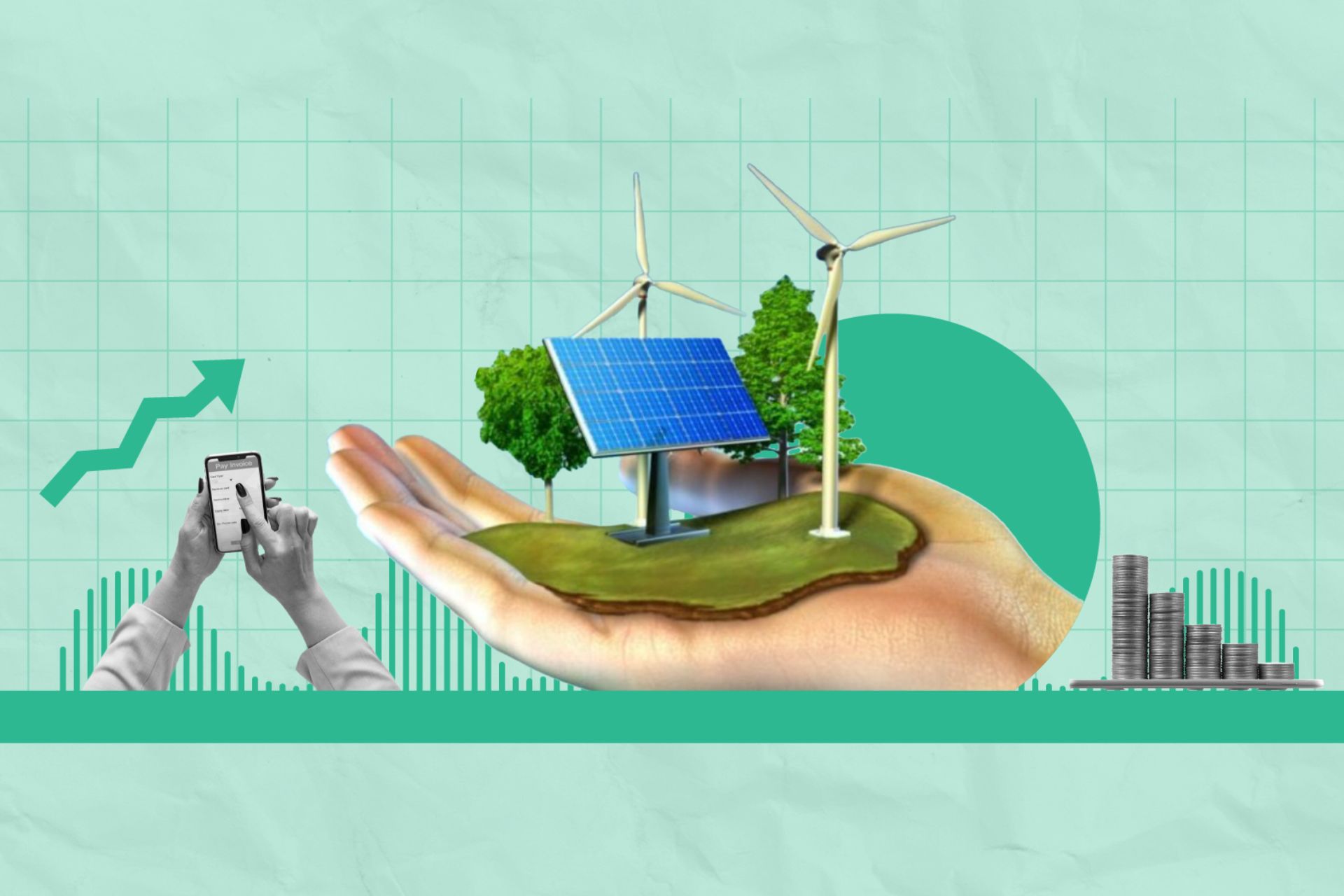
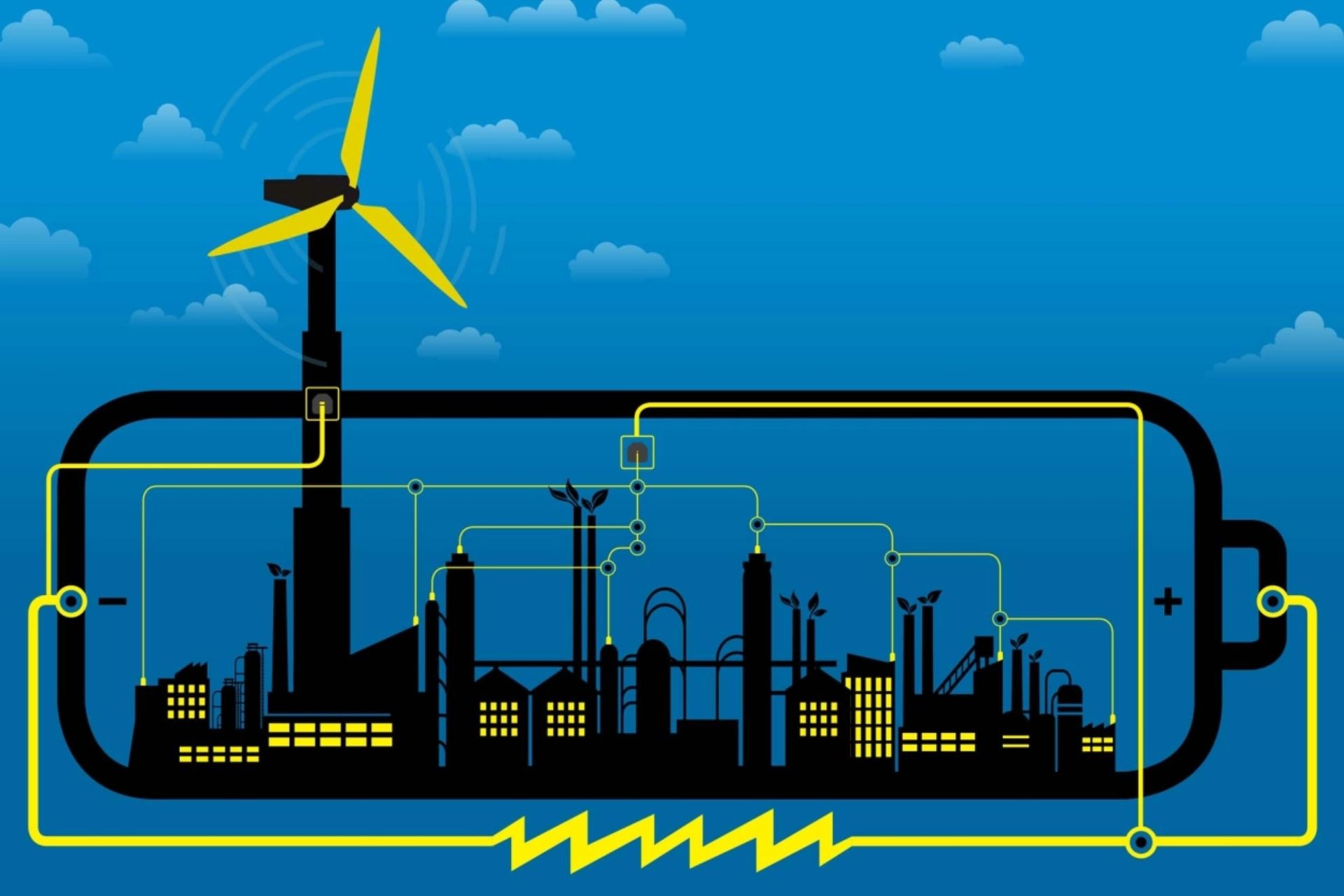
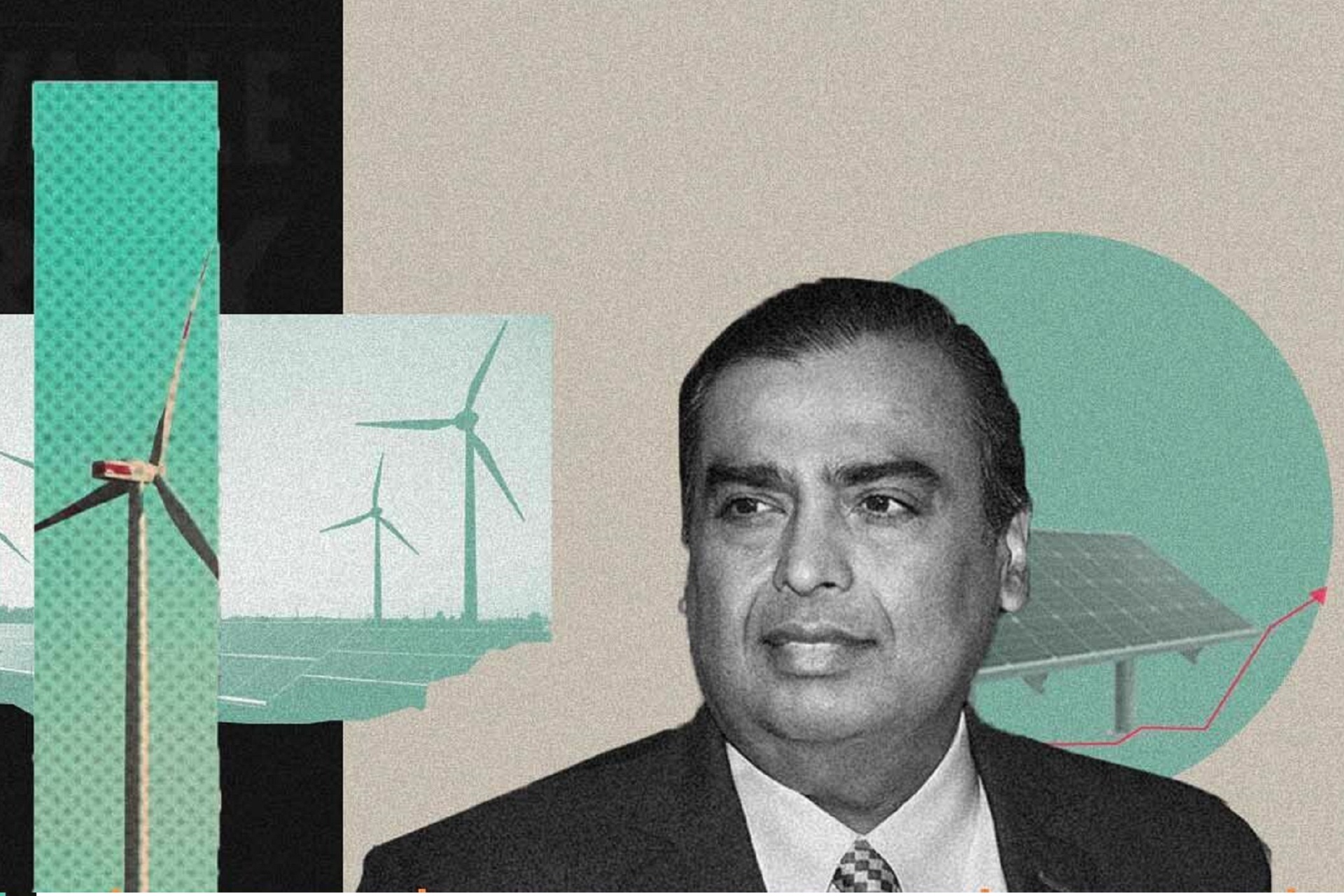
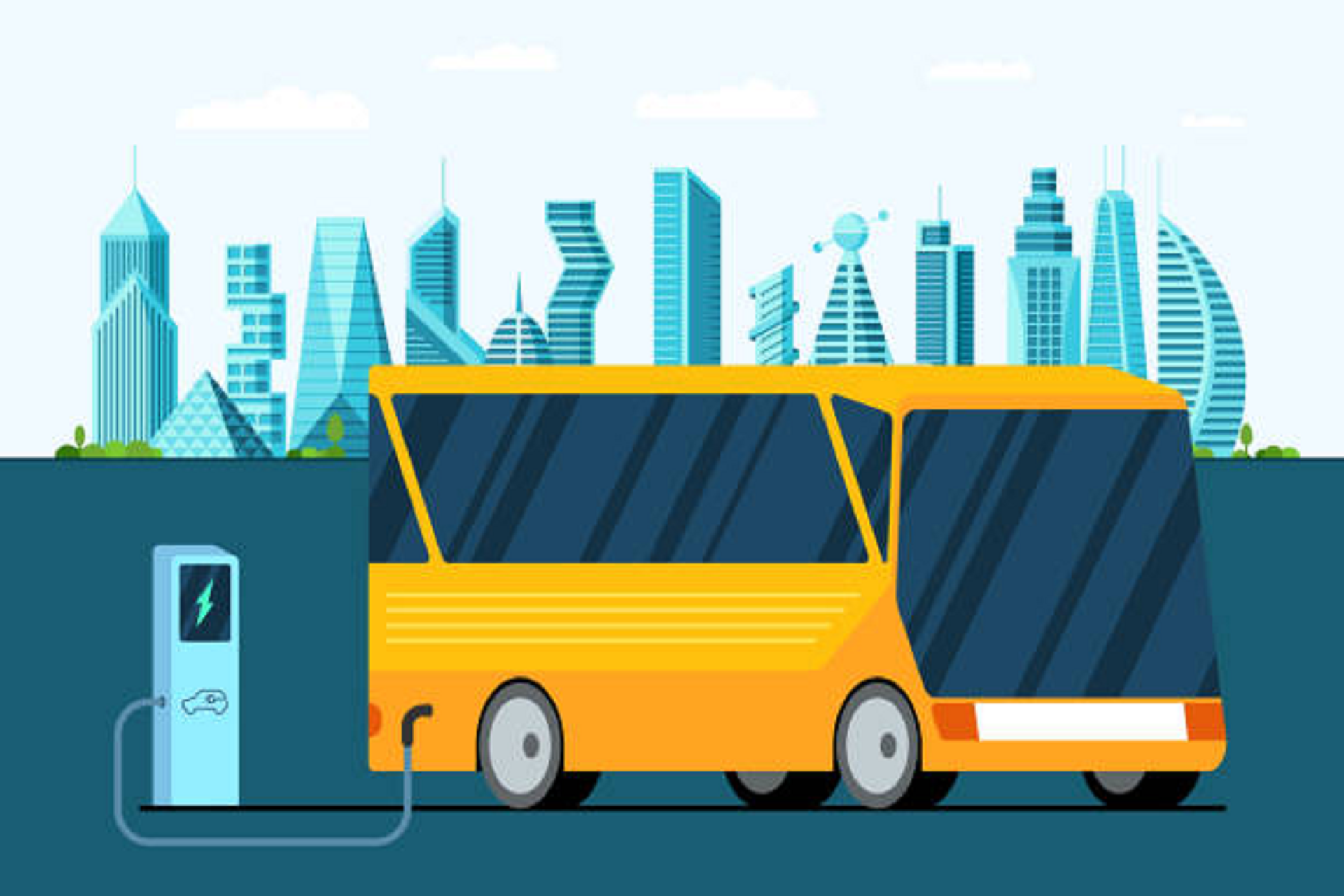
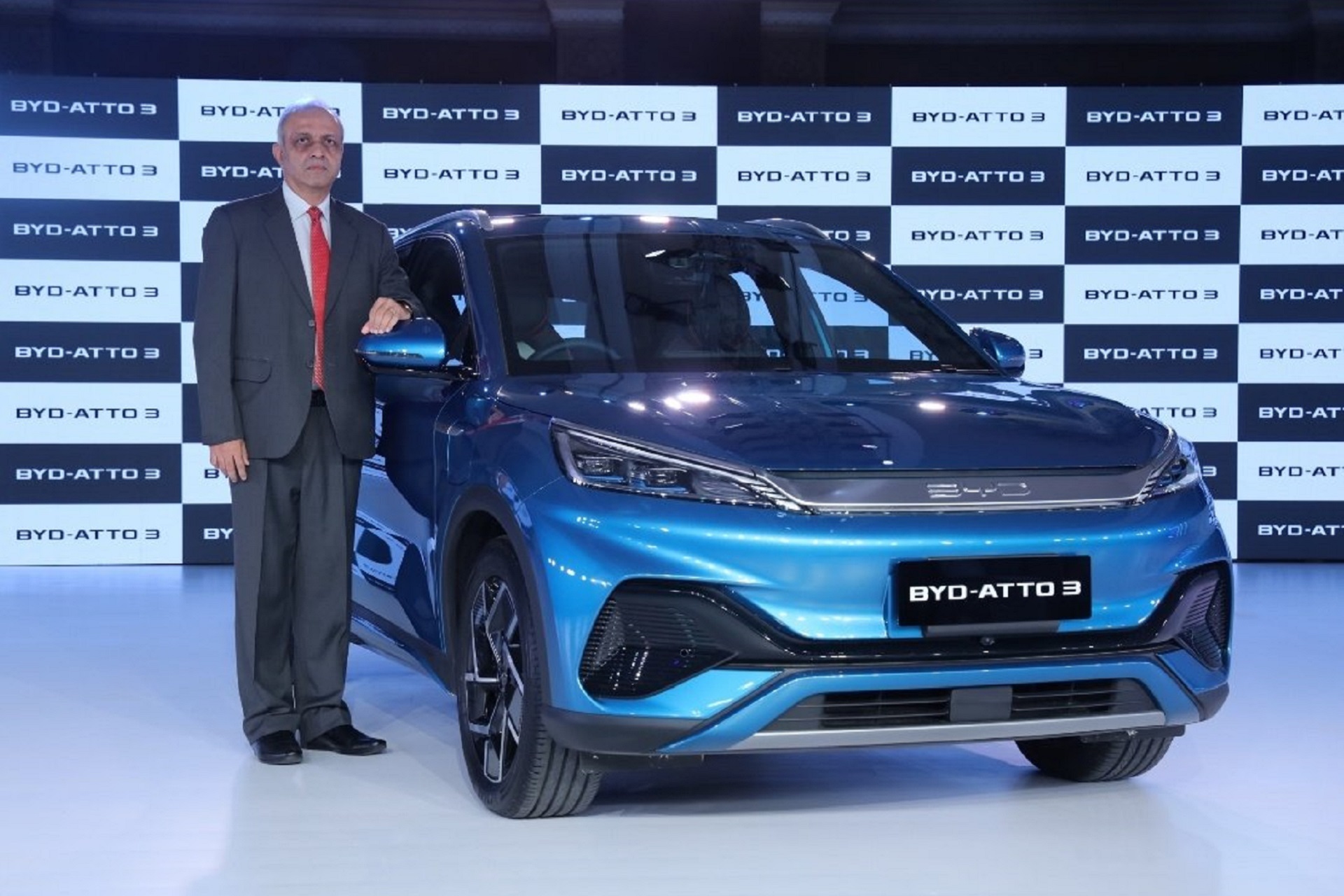
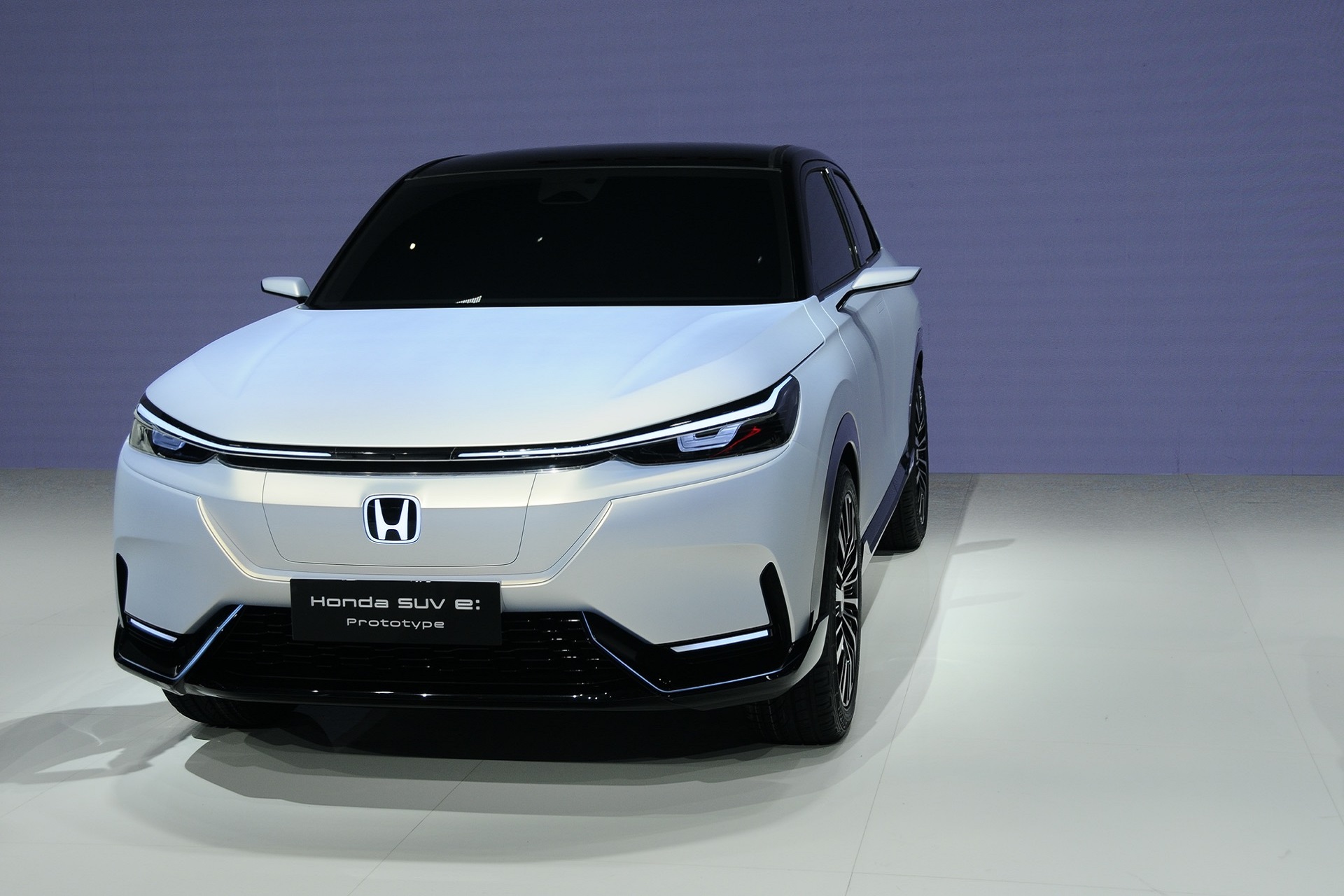
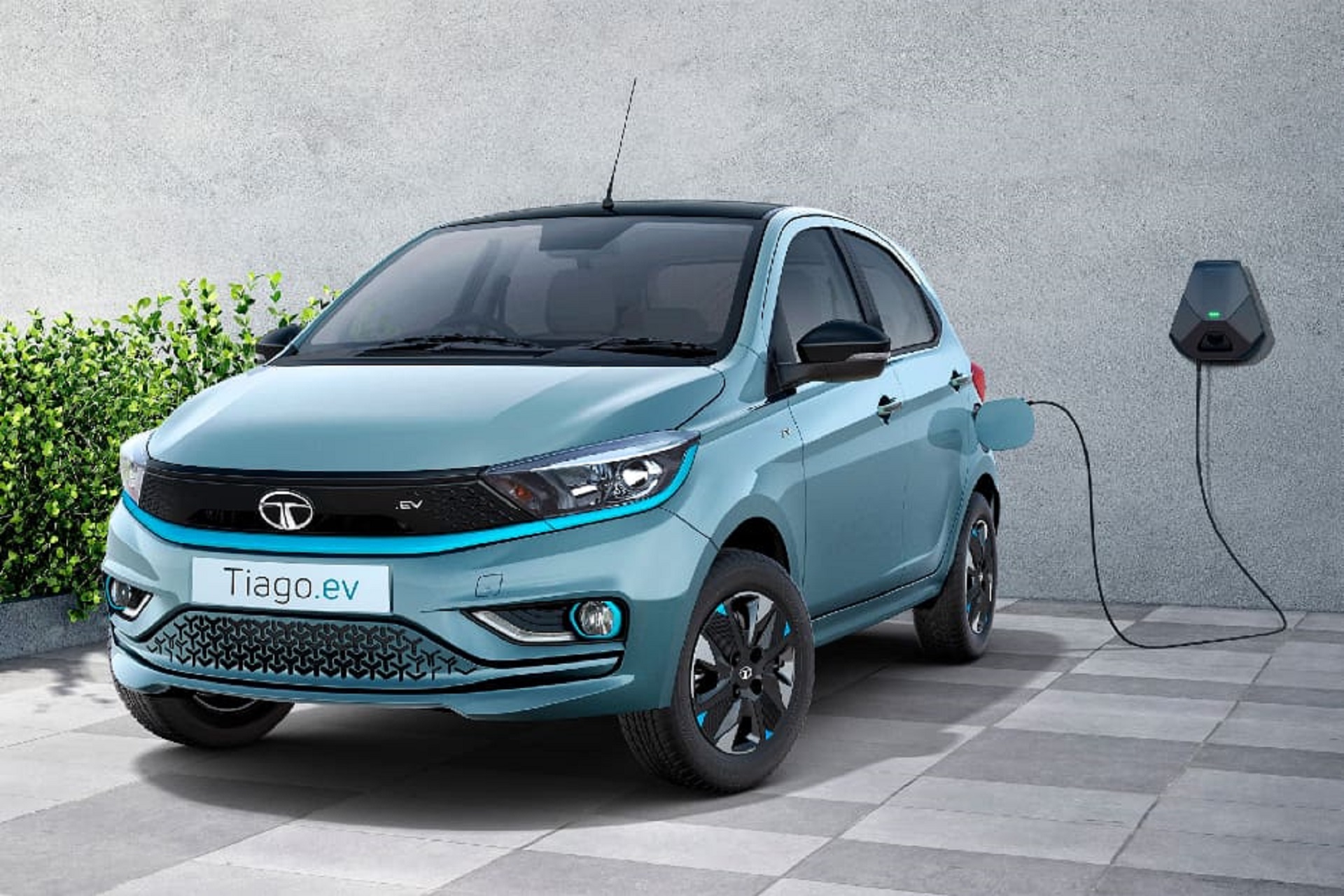
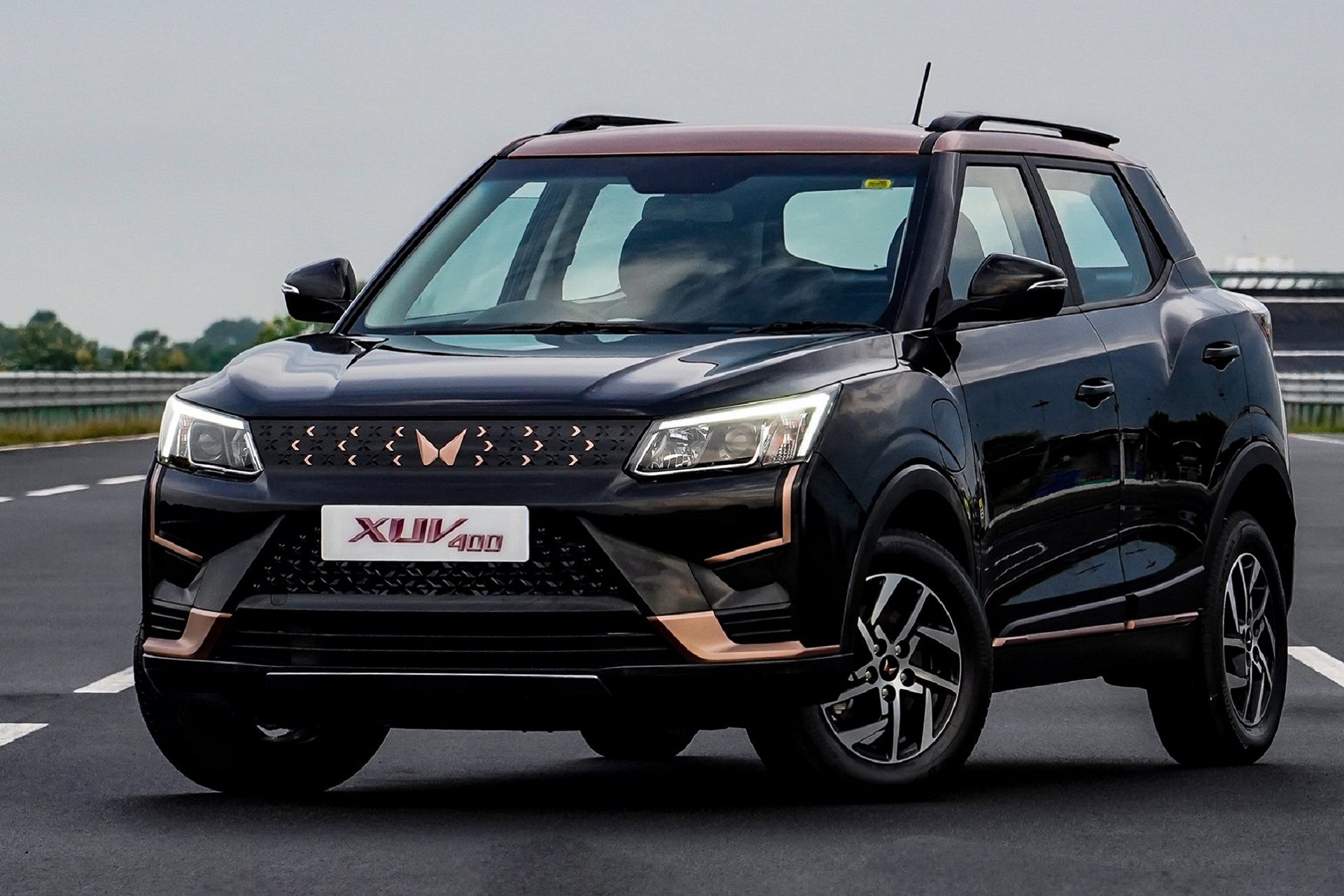

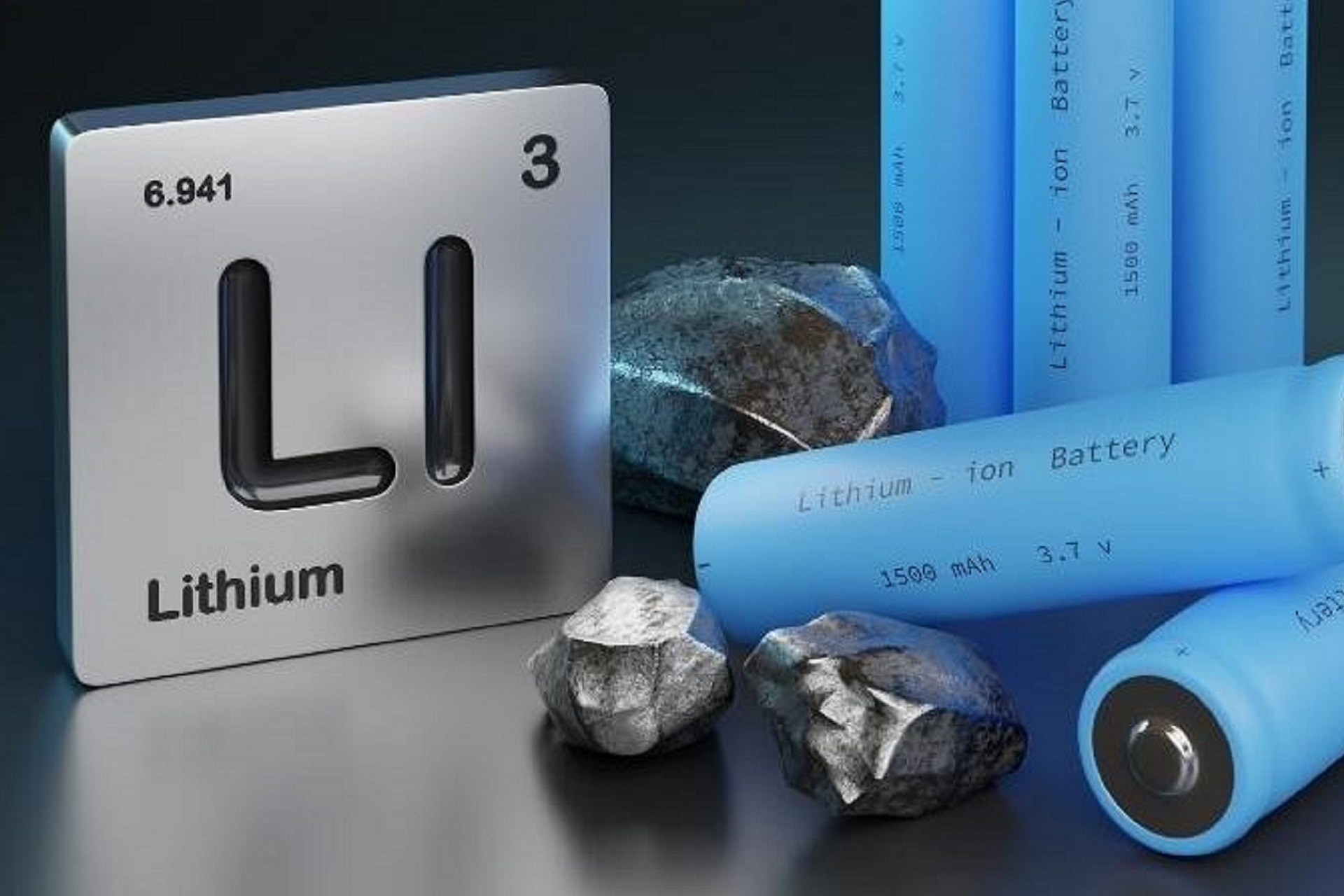


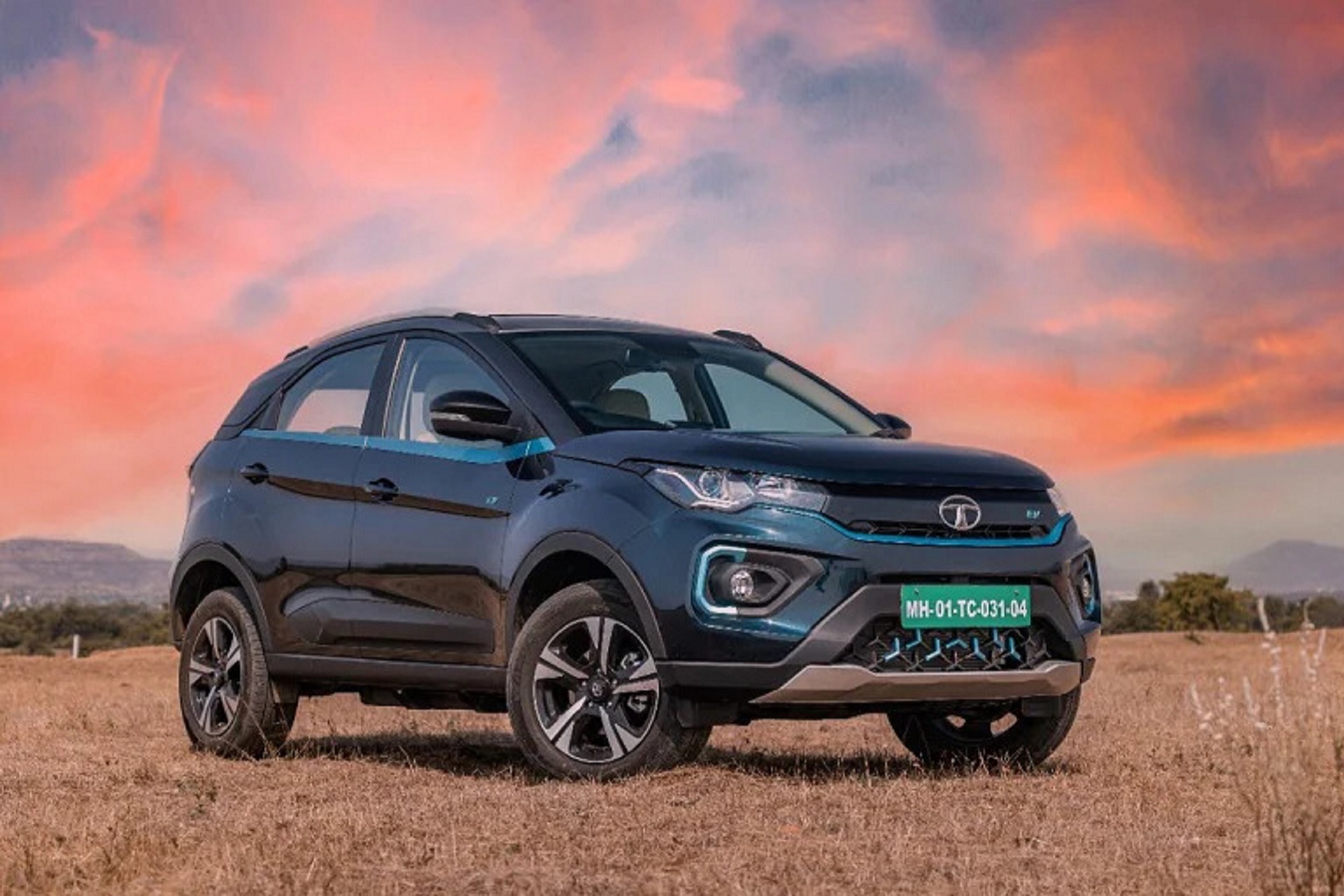
Please Login / register to post your comments!!
0 Comments